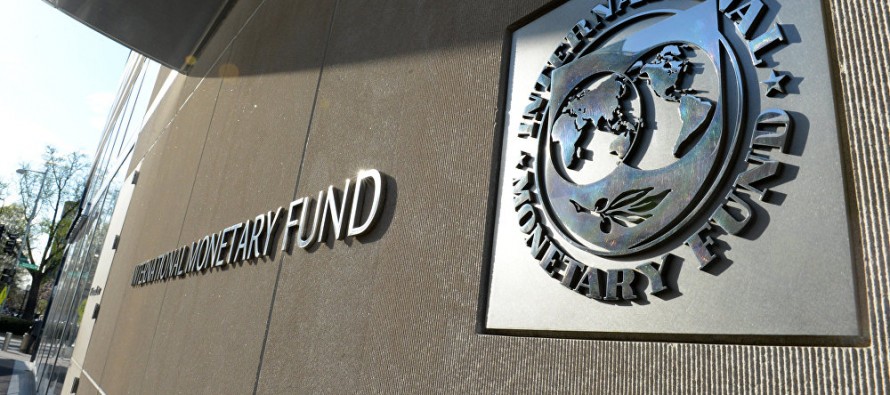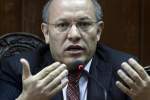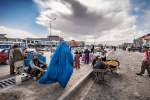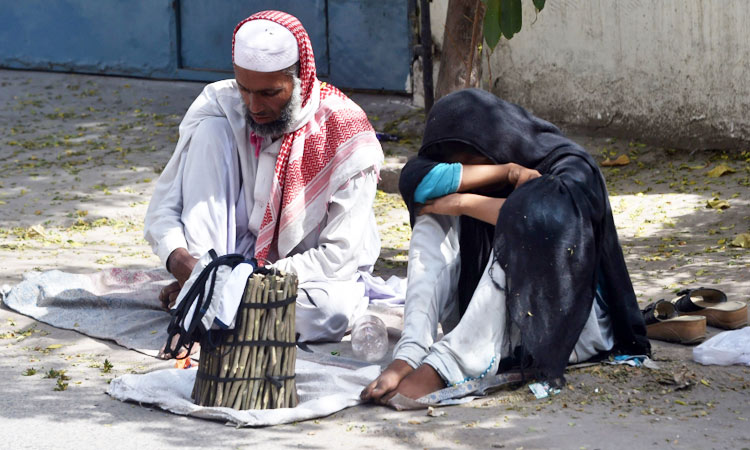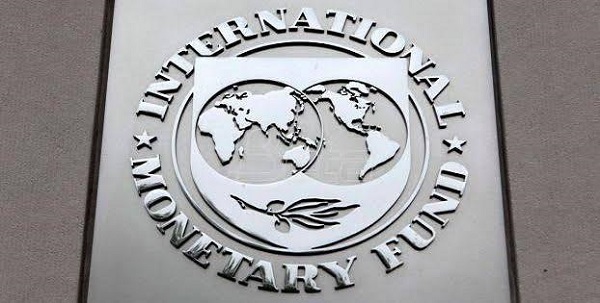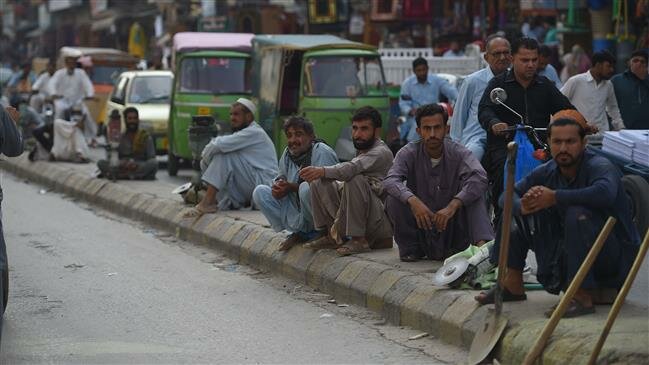The International Monetary Fund (IMF) completed the Fourth Review of Afghanistan’s economic program supported by an arrangement under the Extended Credit Facility (ECF) during its board meeting on December 7.
Publish dateSunday 9 December 2018 - 03:13
Story Code : 175545
AVA- It re-upped its extended credit facility with the country which saying that the recovery of stolen Kabul Bank assets should be reignited.
The Board’s decision makes available to Afghanistan a disbursement amount equivalent to SDR 4.5 million (about US$6.2 million), bringing total disbursements under the arrangement to an amount equivalent to SDR 22.5 million (about US$31.2 million). The three-year ECF arrangement for SDR 32.38 million (or 10 percent of Afghanistan’s quota at the time of approval of the arrangement) was approved on July 20, 2016.
The Executive Board also approved the authorities’ request to extend the arrangement to end-December 2019 and their request for modification of performance criteria on net international reserves and net credit to government, reflecting updates to the macroeconomic framework. The extension ensures uninterrupted engagement with the Fund through the election year and provides time for the completion of the sixth review and implementation of additional reforms.
The poor security situation, election-related political uncertainty, and a severe drought are undermining confidence and growth. However, program implementation was satisfactory, despite the challenging environment. The authorities’ strong ownership and the sustained backing of donors are critical to the success of the program, especially in the context of continued challenges. Reforms in support of fiscal sustainability, institution building, anti-corruption efforts, and financial stability should continue.
“The Government of Afghanistan, guided by the Afghanistan National Peace and Development Framework and supported by the IMF Extended Credit Facility arrangement, remains committed to implementing policies ensuring macroeconomic stability and socially-balanced structural reforms in pursuit of self-reliance, inclusive growth, and poverty reduction,” said Mitsuhiro Furusawa, Deputy Managing Director and Acting Chair following the Executive Board discussion.
“The insurgency, regional risks, and uncertainty during the electoral cycle compounded by a devastating drought are clouding the outlook. The authorities’ macroeconomic policy mix maintaining fiscal and external stability with low inflation and a flexible exchange rate is appropriate going forward in view of the many challenges facing the country,” he added.
Fiscal policy should focus on sustainability considering risks to revenues and grants and limited financing options. Fair and sustainable domestic revenue mobilization for development needs while protecting pro-poor and pro-growth spending remains a priority. Public financial and investment management should benefit from the newly adopted supportive laws. Policy initiatives should consider good global practices in consultation with the IMF and the international partners.
Continued financial sector reforms are critical for banking sector stability. Strengthened crisis preparedness, strict monitoring of weak private banks, and state-owned commercial banks’ reform are priorities. The restoration of the central bank’s balance sheet is on track and should continue, while the recovery of stolen Kabul Bank assets should be reignited.
The anti-corruption agenda, including criminalizing corruption and adopting a law on asset declarations by public officials, has advanced, and needs rigorous enforcement to build confidence.
The Board’s decision makes available to Afghanistan a disbursement amount equivalent to SDR 4.5 million (about US$6.2 million), bringing total disbursements under the arrangement to an amount equivalent to SDR 22.5 million (about US$31.2 million). The three-year ECF arrangement for SDR 32.38 million (or 10 percent of Afghanistan’s quota at the time of approval of the arrangement) was approved on July 20, 2016.
The Executive Board also approved the authorities’ request to extend the arrangement to end-December 2019 and their request for modification of performance criteria on net international reserves and net credit to government, reflecting updates to the macroeconomic framework. The extension ensures uninterrupted engagement with the Fund through the election year and provides time for the completion of the sixth review and implementation of additional reforms.
The poor security situation, election-related political uncertainty, and a severe drought are undermining confidence and growth. However, program implementation was satisfactory, despite the challenging environment. The authorities’ strong ownership and the sustained backing of donors are critical to the success of the program, especially in the context of continued challenges. Reforms in support of fiscal sustainability, institution building, anti-corruption efforts, and financial stability should continue.
“The Government of Afghanistan, guided by the Afghanistan National Peace and Development Framework and supported by the IMF Extended Credit Facility arrangement, remains committed to implementing policies ensuring macroeconomic stability and socially-balanced structural reforms in pursuit of self-reliance, inclusive growth, and poverty reduction,” said Mitsuhiro Furusawa, Deputy Managing Director and Acting Chair following the Executive Board discussion.
“The insurgency, regional risks, and uncertainty during the electoral cycle compounded by a devastating drought are clouding the outlook. The authorities’ macroeconomic policy mix maintaining fiscal and external stability with low inflation and a flexible exchange rate is appropriate going forward in view of the many challenges facing the country,” he added.
Fiscal policy should focus on sustainability considering risks to revenues and grants and limited financing options. Fair and sustainable domestic revenue mobilization for development needs while protecting pro-poor and pro-growth spending remains a priority. Public financial and investment management should benefit from the newly adopted supportive laws. Policy initiatives should consider good global practices in consultation with the IMF and the international partners.
Continued financial sector reforms are critical for banking sector stability. Strengthened crisis preparedness, strict monitoring of weak private banks, and state-owned commercial banks’ reform are priorities. The restoration of the central bank’s balance sheet is on track and should continue, while the recovery of stolen Kabul Bank assets should be reignited.
The anti-corruption agenda, including criminalizing corruption and adopting a law on asset declarations by public officials, has advanced, and needs rigorous enforcement to build confidence.
Source : خبرگزاری Afghn Voice Agency(AVA)
avapress.net/vdcgtn9qnak9un4.5jra.html
Tags
Top hits
